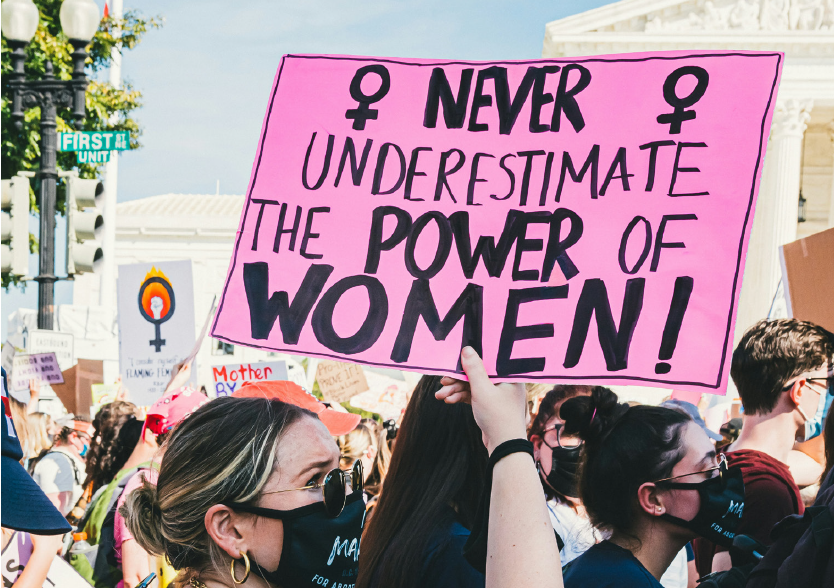For the past eight years, the feminist newsletter Les Glorieuses has offered a hashtag to mark the importance of the issue of pay inequality between women and men. This year, the hashtag chosen was #6November11:25, the date on which women ‘start working for free’ and which changes each year according to the overall gender pay gap. This event is the occasion for an awareness-raising campaign in favour of equal pay, which is provoking much debate on social networks and is making its way into the political world.

Example of a post from the Les Glorieuses Newsletter on this date
A symbolic day criticised for its uncertain methodology
The date is determined by an overall calculation of the pay gap between women and men. In France, according to Les Glorieuses, it is 15.4%, and the European average is 12.7% (source: Eurostat – 2021). This is a total gap, across all occupations, and is not obtained for the same volume of work.
This methodology is criticised and opposed because, as France Info notes, for comparable jobs and equal working hours, the pay gap is reduced to 4%. Hence the proliferation of ‘context notes’ on X / Twitter, a collective content moderation tool touted by Elon Musk. Used to ‘correct’ information and add explanatory elements, they have become the real political issue because they reframe the discourse of certain journalists, media and politicians, such as the feminist Sandrine Rousseau, known for her shock statements.

Example of notes under posts that relayed the hashtag #6Novembre11h25
This figure is also criticised and qualified by numerous posts and articles questioning this symbolic date, qualifying the wage gap displayed by Les Glorieuses, and even, for certain particularly ideologically-motivated players, denying the wage inequalities between women and men.

Examples of user reviews
A media chestnut that provides an opportunity to talk more broadly about gender inequality

Analysis of the number of mentions of the key words ‘gender inequality’ over the last 1 month on Twitter, TikTok and YouTube.
As can be seen from this graph, the issue of inequality between women and men came to the fore when the hashtag #6November11h25 was launched, with almost 3,300 mentions and 17,100 engagements on X, TikTok and YouTube. This date, which changes from year to year, is a chestnut that allows the feminist newsletter and public opinion to discuss the subject and create debate on the issue of gender equality.
From support for parental leave with equal pay for both parents to raising the salaries of jobs in which women predominate, from applying the ‘equal-conditionality principle’ to access to public contracts to obtaining public subsidies linked to respect for equal pay within the organisation, many demands benefit from the spotlight provided by the establishment of this symbolic date. This concept helps the general public to think about the kind of society they want to live in, and to become aware of the inequalities that can result from decisions taken – or not taken – to correct them.

Example of a post talking about pay inequalities
A date used primarily for political communication operations?
Finally, we can note how far this fight has come in the media sphere and on social networks in terms of the massive take-up of the hashtag #6November11:25 and the subject of equal pay by the political class, from the opposition to the presidential majority. In fact, the hashtag has been taken up publicly by the French Prime Minister, Elisabeth Borne, in a publication which promises to address the various issues relating to gender equality.
Ultimately, the statistical reality of pay inequalities between women and men is of little importance here. The communication objective is above all to create an electroshock and force the players in the political and media world to discuss the issue and envisage concrete regulatory solutions.

Example of a speech by a political group

Example of a speech by an opposition MP

Example of a speech by a local councillor

Example of a government statement on the subject

Example of speaking in a trade union context
By Pierre Bellagamba









